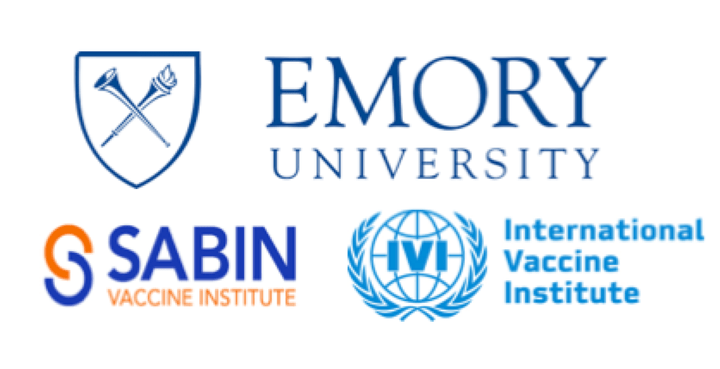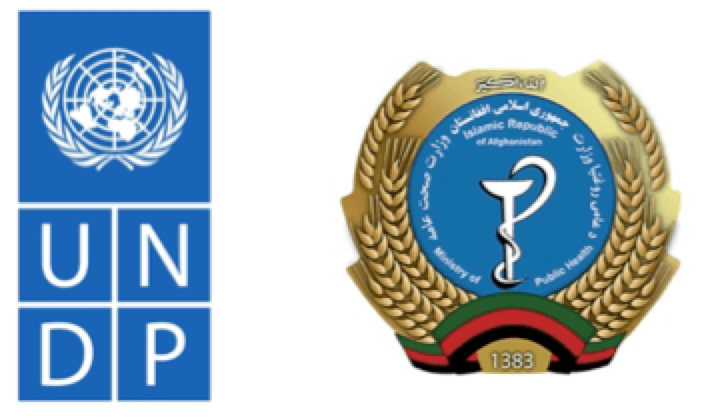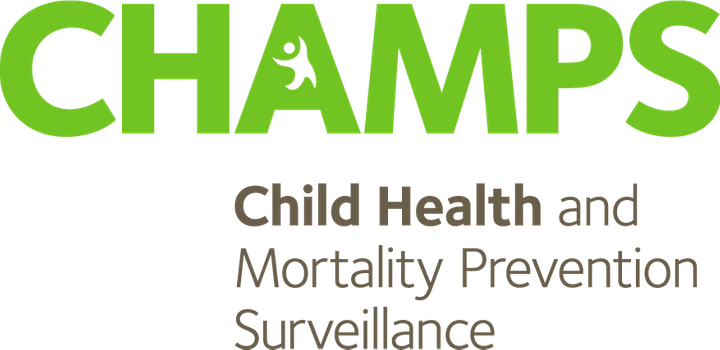

Current Project Locations
Projects
Show off your projects, features, or clients in this section.

Title Text
A small tagline
A sentence or two describing this item. Lorem ipsum dolor sit amet, consectetuer adipiscing elit, sed diam nonummy nibh euismod tincidunt ut laoreet.
Title Text
A small tagline
A sentence or two describing this item. Lorem ipsum dolor sit amet, consectetuer adipiscing elit, sed diam nonummy nibh euismod tincidunt ut laoreet.
Title Text
A small tagline
A sentence or two describing this item. Lorem ipsum dolor sit amet, consectetuer adipiscing elit, sed diam nonummy nibh euismod tincidunt ut laoreet.
Title Text
A small tagline
A sentence or two describing this item. Lorem ipsum dolor sit amet, consectetuer adipiscing elit, sed diam nonummy nibh euismod tincidunt ut laoreet.
Title Text
A small tagline
A sentence or two describing this item. Lorem ipsum dolor sit amet, consectetuer adipiscing elit, sed diam nonummy nibh euismod tincidunt ut laoreet.Projects
Sample of some of our recent projects at Public Health Surveillance Group

Aligning Bacteremia Surveillance Studies in 10 Countries Across Africa and Asia
For the past three years, PHSG has worked along side the Emory Global Health Institute to lead efforts to ensure the comparability of data and alignment of methods for bacteremia surveillance across the involved countries in sub-Saharan Africa and South Asia. These Bill and Melind Gates Foundation (BMGF) funded studies included SETA (led by International Vaccine Institute) and SEAP (led by Sabin Vaccine Institute) networks. The SETA Network (Nigeria, Burkina Faso, Ghana, Ethiopia, Democratic Republic of Congo, and Madagascar) as well as the SEAP Network (Pakistan, Bangladesh, and Nepal) are ongoing. The efforts included conducting 25+ in-country assessments to a network of over 50 sentential surveillance sites, covering all countries with at least two in-country assessments during the duration of the project. PHSG continues to consult as a member of the Secretariat of the Scientific Advisory Process for Optimal Research on Typhoid.
Additionally, the team has also been asked by the BMGF to provide an in-country consultation for a similar study, SEFI, in India.

Malaria Surveillance Assessment and Strengthening in Afghanistan
PHSG co-led the assessment of Malaria Surveillance in Afghanistan. This included the development of a research approach and protocol, conducting in-country visits to interview national level stakeholders, development of questionnaires, and trainings a team to conduct the questionnaires in 150+ health facilities. The assessment is still ongoing at this time. Funding was provided by the Global Fund and in-country support was provided by UNDP. The assessment was conducted in coordination with the Ministry of Health of Afghanistan and the World Health Organization.

Advisement and Development of Surveillance Procedures for the Child Health and Mortality Prevention Surveillance (CHAMPS) Network
PHSG provided guidance and drafted the overarching surveillance procedures for the CHAMPS Program Office to be used across all CHAMPS sites. The CHAMPS project operates in South Africa, Mozambique, Kenya, Sierra Leone, Mali, and Bangladesh. Funding for the project was provided by the Bill and Melinda Gates Foundation. The surveillance system aims to capture all deaths of children under the age of 5 years old, within a 24 hour period in order to collect Minimally Invasive Tissue Samples (MITS) and other specimens. PHSG worked with the CHAMPS team to determine the best methods for detection of under-5 deaths, the notification and reporting procedures, the consent process, procedures for how to collect/ transport the body, PPE protocols, and the notification of public health events/ threats in the case of suspected immediately notifiable disease (e.g., Ebola/ VHFs, Nipah Virus, etc.).
MäkerFürnitüre © 2018




